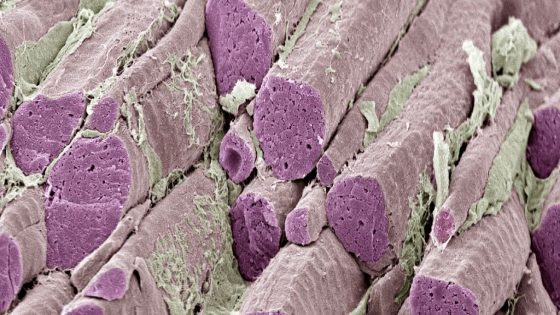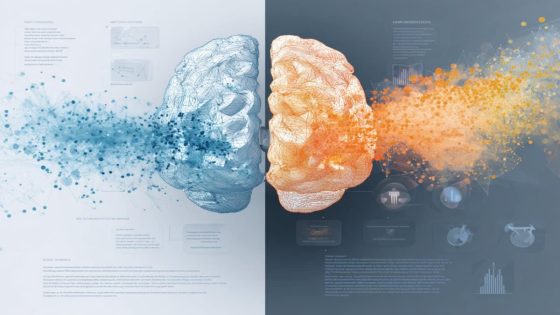New research offers hope in the fight against Alzheimer’s disease, revealing a significant link between lithium levels in the brain and cognitive decline. A study published on 2025-08-08 07:37:00 by Harvard Medical School researchers suggests that lithium supplements may reverse Alzheimer’s-like memory loss in mice.
- Lithium levels linked to Alzheimer's disease
- Study conducted by Harvard Medical School
- Lithium deficiency increases amyloid-beta and tau
- Lithium orotate restores memory in mice
- Need for clinical trials and further research
- Potential for early Alzheimer's diagnosis via lithium levels
Investigating the connection between metal exposure and dementia risk, the team analyzed brain tissue and blood samples from individuals with varying stages of Alzheimer’s. They discovered that lithium levels were notably lower in those with early cognitive impairment, suggesting a potential new therapeutic approach to this complex disease.
This groundbreaking study raises an important question: Could lithium deficiency be a contributing factor to Alzheimer’s? The findings indicate that lithium may play a vital role in brain health, prompting further investigation into its therapeutic potential. Consider these health recommendations:
- Consult with a healthcare provider about lithium supplementation.
- Stay informed about ongoing clinical trials related to Alzheimer’s treatments.
- Maintain a balanced diet rich in essential nutrients.
As we strive to combat the rising prevalence of dementia, ongoing research into lithium’s effects could pave the way for innovative diagnostic and treatment options. Staying proactive about brain health is essential.
















![[Adobe Stock]](https://news.faharas.net/wp-content/uploads/2025/07/Ketogenic-Diet-Boosts-Brain-Blood-Flow-by-22-and-BDNF-230x129.jpg)















